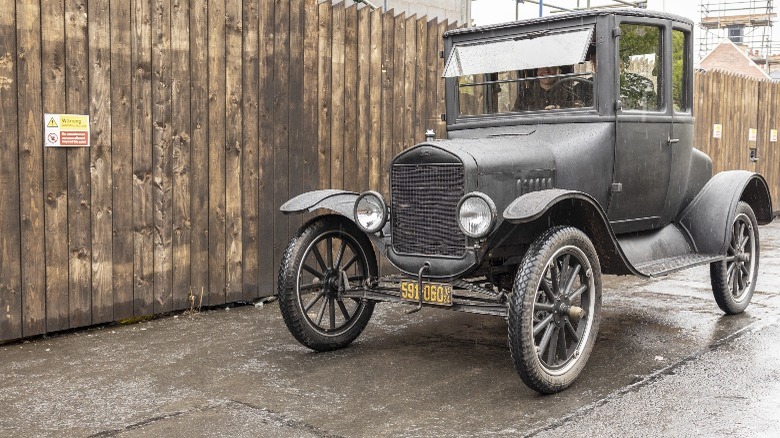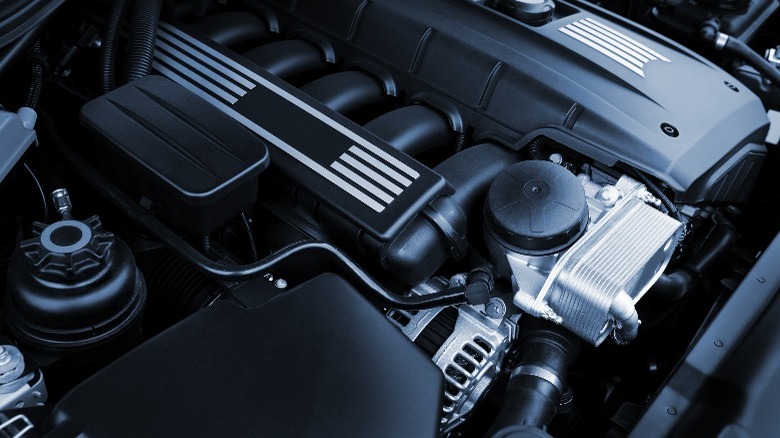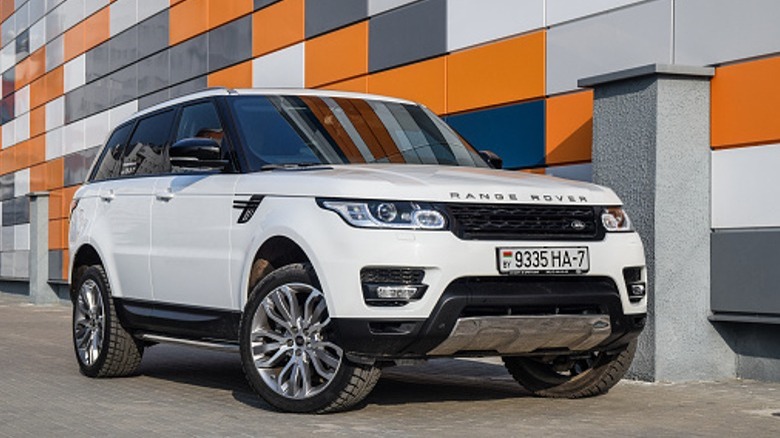Were Old Cars Built To Last Longer?
You may have heard people say that cars are no longer as reliable as they used to be. They say that manufacturers these days no longer use quality parts to make cars that can stand the test of time. You may even think so yourself, or at the very least suspect so. After all, everyone has seen that one car with over 300,000 miles that's still going strong.
But are such old, long-lasting cars anomalies or the norm? It's important to consider the tendency people to view the past with rose-colored glasses, often romanticizing and overstating the virtues of bygone days. Studies, such as the 2021 J.D. Power Vehicle Dependability Study, show that overall car reliability has actually improved in the last decade. This study examines problems experienced by original owners of three-year-old vehicles, indicating a notable improvement in vehicle longevity and dependability over time.
However, is this the same for all brands? Many new technologies and emissions legislation have been forced onto cars these days, directly affecting how even the oldest car brands approach engineering.
Are old cars really reliable?
The first and most important question you should ask yourself is whether old cars were reliable in the first place. To answer that, you must first figure out how far back a car must have been made for you to consider it old. Of course, you can't expect a 1920 Ford Model T to do street laps today. As great as the Ford Model T's engine was for its time, the car-making craft was simply not advanced enough to keep a vehicle on the road that long.
For one, the materials used to make the body of much older cars — even the ones from the 1970s — weren't as rust-resistant as the alloys we have today. Cooling systems have also much improved, and engines are less likely to overheat, letting them suffer less warping and stress. Overall, the art of engine-making and quality control have been honed significantly over the last 50 years. In fact, cars from the '60s and '70s often had mechanical odometers that clocked a maximum number of 99,999 miles before returning to zero. Indicating that the idea that of driving around a car that has seen more than 100,000 miles was abnormal.
Today, 200,000 miles is the new 100,000. With car brands like Toyota and Honda building reputations in reliability, you could see some of these vehicles racking up to 300,000 miles and still going strong with regular maintenance.
Emissions legislation and profit-maximizing may be reducing the quality of vehicles
If when you said "old cars," you meant cars from the 1980s, 1990s, and early 2000s, you might actually be on to something. As climate change and emissions have become more of a global issue, we've witnessed crackdowns on car engineering that isn't eco-friendly. Pro-planet policies aren't bad, but there's no corresponding policy to ensure cars made to feet the specifications last long either. For a better explanation, using lighter materials like plastic or aluminum could result in fewer emissions and better mileage because the car is lighter, but the tradeoff is that the car may not be as reliable.
Ultimately, car companies are profit-driven, and this money-making ideology will be the basis of all their decisions. If they build a cars that fail just after a warranty expires, they don't have to repair the vehicle, and you might be forced to get another one. Additionally, making a car cleaner, safer, and faster means adding more parts that are expensive. Manufacturers may also substitute less expensive parts where they can to cut costs. This is why we have cars with plastic engine parts, like water pumps and air intake manifolds.
Some cars that come from a time when these things weren't such an issue but still benefit from modern car engineering techniques will be more reliable than certain eco-conscious, money-optimizing vehicles.
Do we really want reliable cars?
You read that right. Most of us don't want reliable cars. People buy things based on emotion rather than practicality. This also applies to cars. For example, even notoriously unreliable brands such as Range Rover still outsell some more reliable, utility brands.
Frankly, we, as consumers, dictate where the market trends. If we only buy the most reliable cars, then all the cars on the road will be reliable. After all, we have the technology to ensure that our cars can last very long. However, there's not, at present, financial incentive for these companies to make all cars like that.
While there might have been a sweet spot 20 to 30 years ago when cars were made simpler but stronger, car manufacturers have evolved to keep up with the times. Unfortunately, that may also mean less reliable cars.



